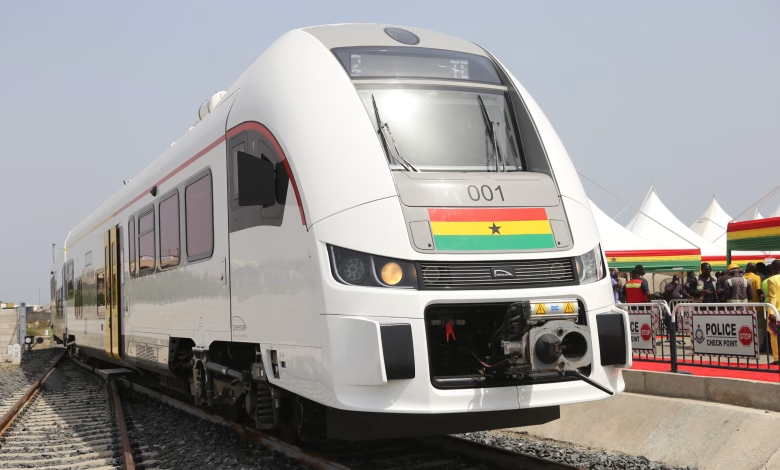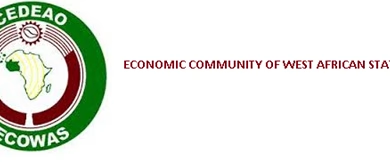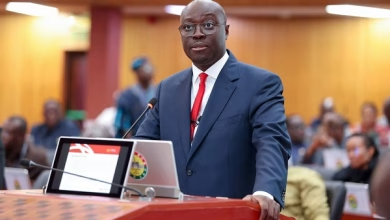Six Months After Opening, Tema–Mpakadan Railway Service Still Not Operational

- Tema–Mpakadan railway still inactive six months after opening
- Full commercial operations projected to begin by June 20, 2026
- Dr. Appoh remains optimistic about the economic impact despite delays
Despite the grand opening of the 97.7-kilometre Tema–Mpakadan railway on November 22, 2024, commuters are still waiting for the much-anticipated service, leaving their hopes for a more reliable transport alternative unfulfilled.
The standard gauge railway, inaugurated by former President Nana Akufo-Addo with two Diesel Multiple Unit (DMU) trains, was designed to enhance both passenger and cargo movement along Ghana’s Eastern Corridor. However, ongoing issues have kept the service inactive.
Funded by a US$447 million credit facility from the India Export-Import Bank, the Tema–Mpakadan railway was hailed as a key development in Ghana’s rail revival efforts. The line features new stations in Adome, Kpone, Doryumu–Jokpanya–Kodiabe, Shai Hills, Afienya, Ashaiman, Tema Industrial Area, and Tema Port, along with a 300-metre rail bridge across the Volta River near Senchi.
Part of the Ghana–Burkina Faso interconnectivity project, the line was expected to connect Tema Port to Mpakadan, facilitating easier transport to northern Ghana and landlocked countries such as Burkina Faso and Niger.
In a radio interview on Citi FM on May 20, 2025, Dr. Frederick Appoh, the acting CEO of the Ghana Railway Development Authority (GRDA), explained that the delay in launching commercial operations was due to repeated incidents of theft and vandalism. He added that around 75% of the damage had been repaired as part of a mitigation plan overseen by the Ghana Investment Fund for Electronic Communications.
Dr. Appoh also noted that the lack of private sector involvement had been a major challenge, as the current state-run system had been inefficient and unable to generate enough revenue to sustain operations. “In most parts of the world, the state owns the railway infrastructure while private companies run the trains,” he said, using Romania as an exception.
To address this, the GRDA is developing an “open access model” for the Tema–Mpakadan line, which will include track access charges and operational guidelines aimed at attracting private operators. A market-sounding exercise is scheduled for June 2025 to engage potential investors.
Dr. Appoh projected that full commercial operations could commence by June 20, 2026.
The delay has disappointed many residents, particularly those in surrounding communities who were hoping the rail service would ease road congestion, reduce transport costs, and improve access to goods and people.
Despite these setbacks, Dr. Appoh remains optimistic about the project’s economic potential, citing the Nairobi–Mombasa railway in Kenya as an example of how a successful railway can generate thousands of jobs. He also noted the positive impact on local businesses in fields such as welding and machine servicing.
However, he acknowledged that unclear operating procedures have hindered private interest, an issue the GRDA is working to resolve.
During the commissioning ceremony last year, President Akufo-Addo described the railway as a “lifeline” for local communities and businesses. However, an incident in April 2024, when a truck collided with a train during a test run, raised safety concerns. The truck driver involved was later sentenced to six months in prison.






